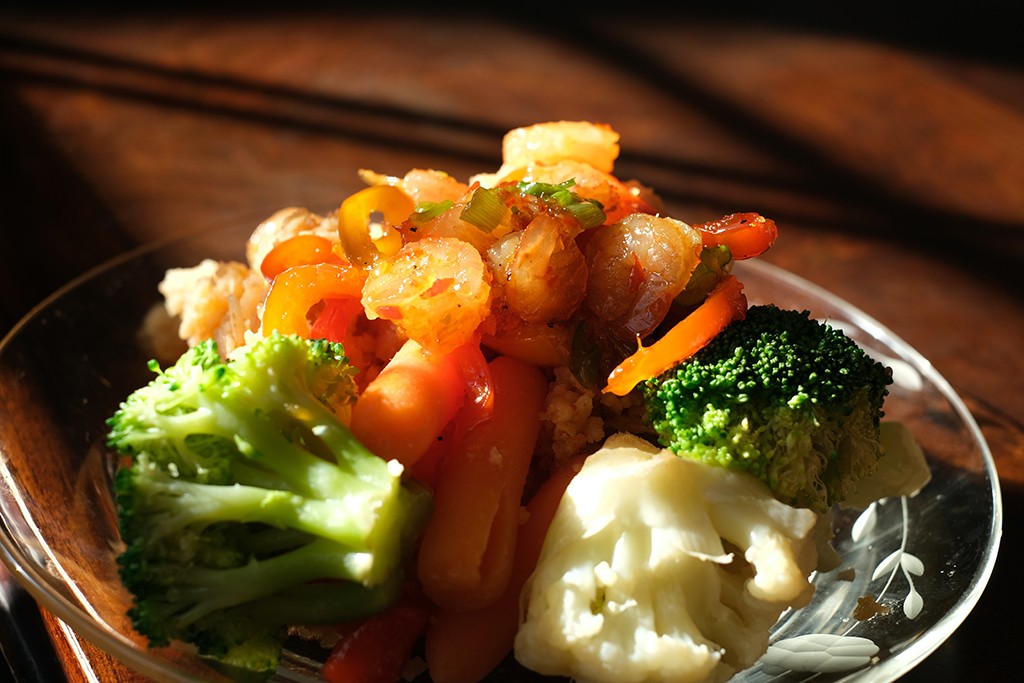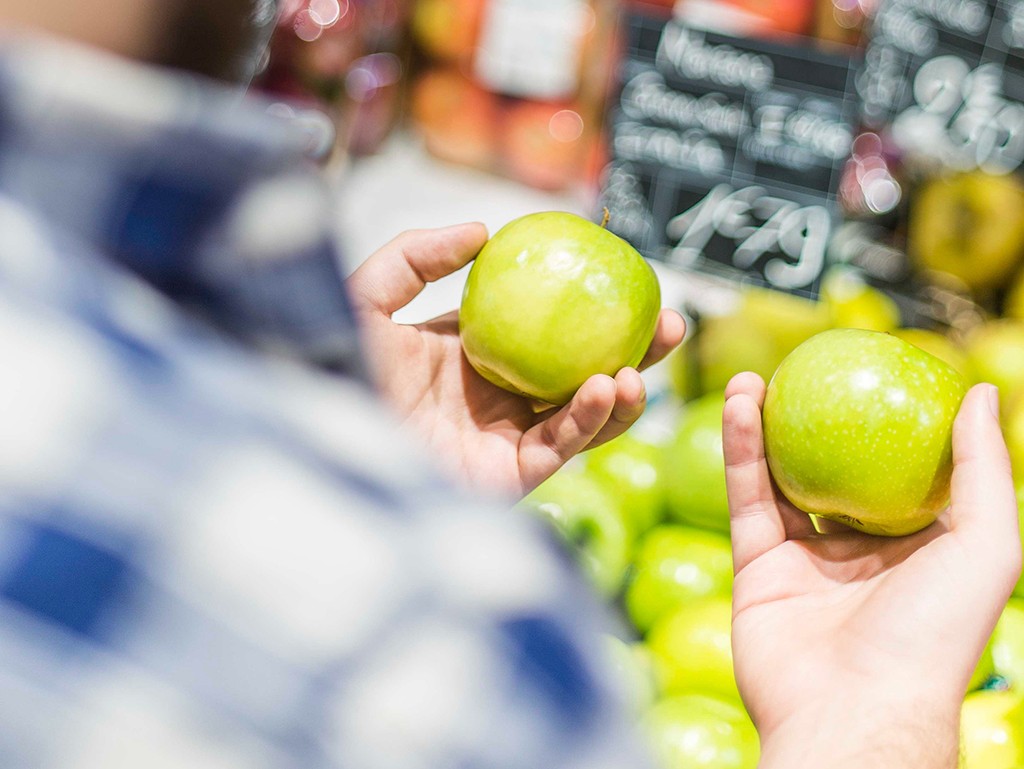
What to Eat Before and After a Workout for Maximum Energy and Results
When it comes to maximizing your workout results, nutrition plays a crucial role. Fueling your body with the right foods before and after a workout can provide the energy you need to perform at your best and support your body’s recovery process. In this article, we will explore the importance of pre and post-workout nutrition, as well as provide you with some valuable tips on what to eat to boost your energy and maximize your results.
The Significance of Pre-Workout Nutrition
Proper nutrition before a workout is essential as it provides your body with the necessary fuel to perform optimally. The right combination of carbohydrates, protein, and healthy fats can boost your energy levels, enhance endurance, and improve overall performance. Consuming the right foods before exercise also helps prevent muscle breakdown and supports muscle growth.
Key Components of Pre-Workout Meals
1. Carbohydrates
Carbohydrates are the primary source of energy for your body. Opt for complex carbohydrates like whole grains, fruits, and vegetables as they provide sustained energy release. Avoid simple sugars that can lead to energy crashes during your workout.
2. Protein
Protein is crucial for muscle repair and growth. Including a moderate amount of lean protein in your pre-workout meal helps preserve muscle mass and aids in recovery.
3. Healthy Fats
Incorporating healthy fats into your pre-workout meal provides a slow and steady release of energy. Avocado, nuts, and seeds are excellent sources of healthy fats.
Sample Pre-Workout Meal Ideas
- Whole grain toast topped with almond butter and banana slices.
- Greek yogurt with mixed berries and a sprinkle of granola.
- Oatmeal cooked with almond milk, topped with sliced almonds and a drizzle of honey.
- Grilled chicken breast with brown rice and steamed vegetables.
- Quinoa salad with roasted vegetables and chickpeas.
Understanding Post-Workout Nutrition
Post-workout nutrition is essential for muscle recovery, replenishing glycogen stores, and promoting optimal muscle growth. Consuming the right nutrients after a workout aids in reducing muscle soreness and fatigue.
Essential Nutrients for Post-Workout Recovery
1. Protein
Consuming an adequate amount of protein after a workout helps repair and rebuild muscle tissue. Aim for high-quality sources like lean meats, fish, eggs, or plant-based options like tofu and legumes.
2. Carbohydrates
Replenishing glycogen stores after exercise is crucial. Including carbohydrates in your post-workout meal helps restore energy levels. Opt for a mix of complex and simple carbohydrates.
3. Electrolytes
Sweating during workouts leads to the loss of electrolytes. Replenishing these essential minerals such as sodium, potassium, and magnesium is crucial for maintaining proper hydration and muscle function. You can obtain electrolytes through foods like bananas, coconut water, or sports drinks.
Post-Workout Meal Suggestions
- Grilled salmon with sweet potato and steamed broccoli.
- Whole wheat wrap filled with turkey, avocado, and vegetables.
- Quinoa bowl topped with roasted vegetables, grilled chicken, and a drizzle of olive oil.
- Spinach salad with grilled tofu, cherry tomatoes, and a light vinaigrette dressing.
- Protein smoothie made with Greek yogurt, mixed berries, spinach, and a scoop of protein powder.
Hydration: The Key to Optimal Performance
Staying hydrated is vital before, during, and after your workouts. Proper hydration helps regulate body temperature, supports nutrient transport, and enhances overall performance. Make sure to drink water before and after your workouts, and consider sipping on fluids during intense or prolonged exercise sessions.
Combining Pre and Post-Workout Nutrition for Better Results
For maximum benefits, it’s important to consider both pre and post-workout nutrition as part of your overall fitness routine. By fueling your body before exercise and replenishing it afterward, you provide the necessary nutrients for energy production, muscle repair, and recovery. Finding the right balance of macronutrients and timing your meals appropriately can optimize your results.
The Role of Supplements in Workout Nutrition
While a well-balanced diet should provide most of the nutrients you need, certain supplements can complement your workout nutrition. However, it’s important to consult with a healthcare professional or a registered dietitian before incorporating any supplements into your routine. Common workout supplements include protein powders, creatine, and branched-chain amino acids (BCAAs).
Common Mistakes to Avoid
- Skipping meals before a workout: This can lead to low energy levels and reduced performance.
- Relying solely on protein shakes: While protein shakes can be convenient, whole foods offer a wider range of nutrients.
- Overeating after workouts: Be mindful of portion sizes and avoid excessive calorie intake that may hinder your fitness goals.
- Neglecting hydration: Dehydration can negatively impact your performance and recovery. Remember to drink water regularly.
Tips for Vegan and Vegetarian Athletes
Vegan and vegetarian athletes can meet their nutritional needs by incorporating a variety of plant-based protein sources such as tofu, tempeh, legumes, quinoa, and nuts. It’s also essential to ensure sufficient intake of iron, vitamin B12, omega-3 fatty acids, and calcium through plant-based sources or supplements.
Fuel Your Workouts with Healthy Snacks
Snacking on nutritious foods can provide an extra energy boost throughout the day and support your fitness goals. Consider options like fruit and nut butter, Greek yogurt with berries, or homemade energy bars made with oats, nuts, and dried fruits.
Conclusion
Proper nutrition before and after a workout is key to maximizing your energy levels, performance, and results. By focusing on a balanced combination of carbohydrates, protein, and healthy fats, you can fuel your workouts, aid in muscle recovery, and optimize your overall fitness journey. Remember to hydrate adequately and consider your individual dietary needs and preferences when planning your pre and post-workout meals.
Is it necessary to eat before a workout?
What should I eat before a workout if I exercise in the morning?
How soon before a workout should I eat?
Can I eat fast food before a workout?
Is it important to eat after a workout, even if I'm not hungry?
Are there specific foods that can help with muscle soreness?
Can I drink coffee before a workout?
What should I drink during a workout?
Can I have a protein shake as a post-workout meal replacement?
How important is post-workout nutrition for weight loss?





